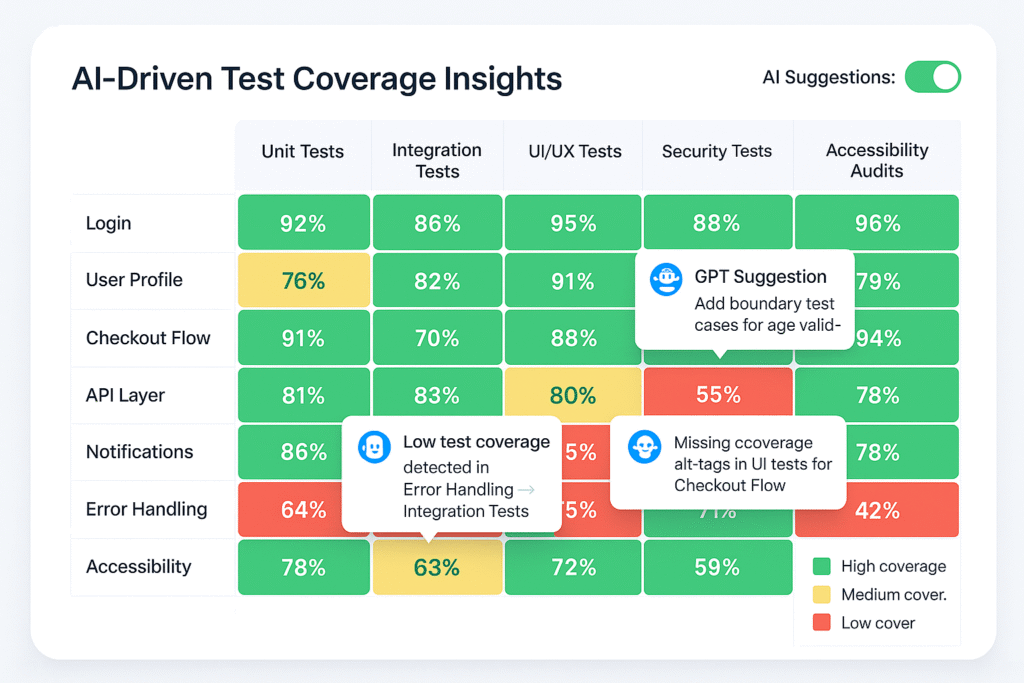Cryptocurrency has become a buzzword in finance and technology, but understanding it can feel daunting. If you’re new to the world of digital currencies, this guide will help you navigate the basics, with a focus on Bitcoin and Ethereum—the two most popular cryptocurrencies.
What is Cryptocurrency?
Cryptocurrency is a form of digital or virtual currency secured by cryptography. Unlike traditional currencies issued by governments (like USD or INR), cryptocurrencies operate on decentralized networks using blockchain technology. This ensures transparency, security, and eliminates the need for intermediaries like banks.
Bitcoin: The Pioneer
Bitcoin, created in 2009 by an anonymous figure known as Satoshi Nakamoto, was the first cryptocurrency. Often called digital gold, Bitcoin introduced the concept of decentralized money.
Key Features of Bitcoin:
-
Decentralization: No central authority controls Bitcoin. Transactions are verified by network nodes through cryptography and recorded on a public ledger (blockchain).
-
Limited Supply: There will only ever be 21 million bitcoins, creating a scarcity that contributes to its value.
-
Use Cases: Bitcoin can be used for peer-to-peer transactions, investments, and as a store of value.
Example: If you wanted to send money to a friend in another country, Bitcoin allows you to do so directly, bypassing bank fees and delays.
Ethereum: Beyond Currency
Launched in 2015 by Vitalik Buterin and others, Ethereum is more than just a cryptocurrency; it’s a platform for building decentralized applications (dApps).
Key Features of Ethereum:
-
Smart Contracts: Ethereum enables programmable contracts that execute automatically when conditions are met. For example, a smart contract could release payment only after a service is delivered.
-
Ether (ETH): Ether is Ethereum’s native cryptocurrency, used to pay transaction fees and power the network.
-
Decentralized Applications (dApps): Developers can build applications on Ethereum’s blockchain for finance, gaming, and more.
Example: A decentralized crowdfunding platform can be built on Ethereum, where funds are only released if the funding goal is reached.
How Does Blockchain Work?
Blockchain is the backbone of cryptocurrencies. It’s a distributed ledger that records transactions across multiple computers. Here’s how it works:
-
Transaction Initiation: A user initiates a transaction.
-
Verification: Network nodes (miners or validators) verify the transaction’s validity.
-
Block Creation: Once verified, the transaction is added to a block.
-
Blockchain Update: The block is added to the blockchain, making the transaction immutable.
Example: If Alice sends 0.5 BTC to Bob, the transaction is recorded on the Bitcoin blockchain, visible to all network participants.
Differences Between Bitcoin and Ethereum
| Feature | Bitcoin | Ethereum |
|---|---|---|
| Purpose | Digital currency and store of value | Smart contracts and dApps |
| Supply Limit | 21 million | No fixed limit |
| Transaction Speed | ~10 minutes per block | ~15 seconds per block |
| Consensus Mechanism | Proof of Work (PoW) | Transitioning to Proof of Stake (PoS) |
Future Valuation of Bitcoin and Ethereum
Financial experts and top firms have shared their predictions for the future value of Bitcoin and Ethereum based on market trends, adoption rates, and technological advancements:
-
Bitcoin:
-
ARK Invest predicts that Bitcoin could reach $1 million per BTC by 2030, driven by increasing institutional adoption and its role as a hedge against inflation.
-
JP Morgan estimates a potential valuation of $150,000 in the medium term, citing its store-of-value properties comparable to gold.
-
Bloomberg Intelligence suggests that Bitcoin’s scarcity and growing utility might push its price to $250,000 by the late 2020s.
-
-
Ethereum:
-
Goldman Sachs anticipates that Ethereum could surpass $8,000 per ETH in the near term, as it powers a majority of decentralized applications and smart contracts.
-
CoinShares predicts Ethereum’s long-term valuation could reach $20,000, fueled by the growth of decentralized finance (DeFi) and NFTs.
-
Finder’s panel of fintech experts suggests an average price target of $15,000 per ETH by 2030, assuming continued network upgrades and mass adoption.
-
Caution: While these predictions are optimistic, cryptocurrency valuations are highly volatile and speculative. It’s crucial to do your own research before investing.
How to Get Started with Bitcoin and Ethereum
-
Choose a Wallet:
-
Hot Wallets: Online wallets like Coinbase, Binance, or MetaMask.
-
Cold Wallets: Hardware wallets like Ledger or Trezor for enhanced security.
-
-
Buy Cryptocurrency:
-
Use platforms like Binance, Coinbase, or WazirX to purchase BTC or ETH using fiat currency.
-
Peer-to-peer platforms also allow direct purchases.
-
-
Understand Risks:
-
Cryptocurrency is volatile. Prices can fluctuate dramatically.
-
Always invest what you can afford to lose.
-
-
Explore Use Cases:
-
Use Bitcoin for transactions or as an investment.
-
Explore Ethereum’s dApps or stake ETH to earn rewards.
-
Use Cases of Bitcoin and Ethereum
-
Bitcoin:
-
Cross-border payments.
-
Inflation hedge.
-
Digital asset investment.
-
-
Ethereum:
-
Decentralized Finance (DeFi): Borrowing, lending, and earning interest without intermediaries.
-
Non-Fungible Tokens (NFTs): Digital ownership of art, music, or collectibles.
-
Gaming: Play-to-earn games powered by Ethereum.
-
Common Terms to Know
-
Mining: The process of verifying transactions and adding them to the blockchain.
-
Wallet: A digital tool to store, send, and receive cryptocurrency.
-
Public Key: Your wallet’s address, used to receive funds.
-
Private Key: A secure code giving access to your wallet. Never share it.
-
Gas Fee: The cost of processing transactions on Ethereum’s network.
Final Thoughts
Bitcoin and Ethereum represent the forefront of the cryptocurrency revolution. While Bitcoin is a trailblazer in digital currency, Ethereum opens up possibilities far beyond money. As a beginner, take the time to learn, explore, and start small. The world of cryptocurrency is vast, but with the right knowledge, it’s an exciting journey worth embarking on!
Source: Read More






